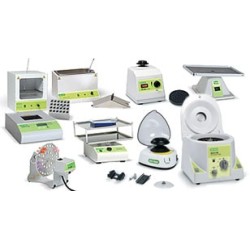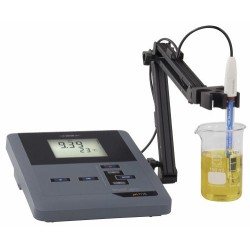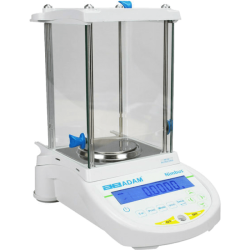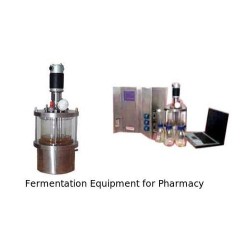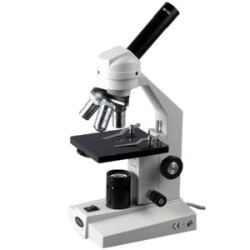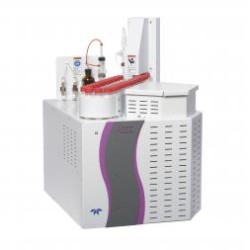HPLC-Technology-Overview-Past-and-peek-into-the-Future
There could seldom be an occasion where a biochemist or a pharmacologist went to work and did not end up using, or at least planning to use an HPLC column. HPLC, or 'High Performance Liquid Chromatography' is the lifeblood of a Bioscience laboratory, and yet, this routine procedure might just be a crucial side effect. Wait, what?
If you could imagine a Russian botanist with a long glass tube and some vivid pigments, you’d have yourself a rudimentary chromatogram (minus the botanist, that is), as well as the answer to that question: yes, Chromatography was, in fact, discovered “by accident”. Calling it an accident, however, gives it a false air of arbitrariness; modern high performance chromatography was less a peculiar observation and more a result of a systematic experiment. The experiment in question was designed by Mikhail Tsvet and the result was bands of different colors. These bands, to the everyone’s good fortune (especially that of the individual who spends hours hovering over labware today) turned out to be pure compounds. With this experiment as a template (and some obvious technological add-ons), high Performance Liquid Chromatography, or HPLC was born.
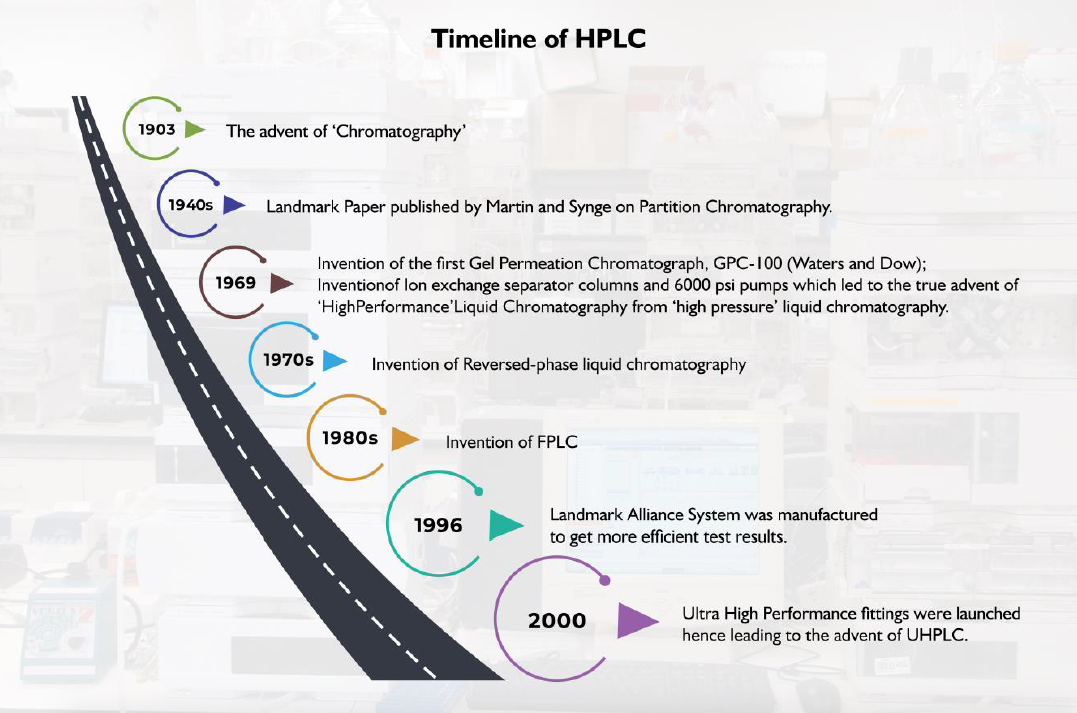
The Future of HPLC Systems
HPLC arrived with the promise of providing a powerful separation tool and certainly outdid that promise by leagues. The future offers a grander premise, with microbore columns and immunoaffinity technologies going head to head for the winning title of best separators.
HPLC could also congregate with Robotics. We’re not talking about a Skynet style extermination of mankind vis a vis ominous column separators (although we wouldn’t mind at all if James Cameron made a series on HPLCs), but just the opposite: handling hazardous items so that mankind doesn’t have to.
Other increments like organic resins, multiple detectors, and computer-induced optimizations will herald HPLC into the coming Scientific Era.
HPLC, in conclusion, has a bleak chance of getting its own Cameron Adaptation on Camera. However, it certainly will continue to be instrumental as ever in laboratories (pun intended) in the future and might even have lasting impressions beyond their four walls. Look Out!
Author’s Bio

Author’s name: Roma Mandpe
Roma is pursuing a Masters in Media and Communication studies from Pune University, while she holds a Bachelors degree in Microbiology. She loves to read, illustrate, dance and make insightful remarks on the fledgelings of the adult universe- eighteen year olds. All this is, however, only second to her love for writing.




